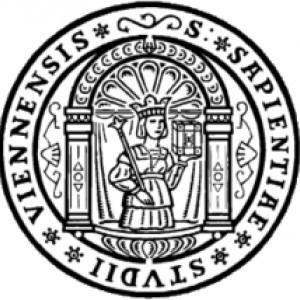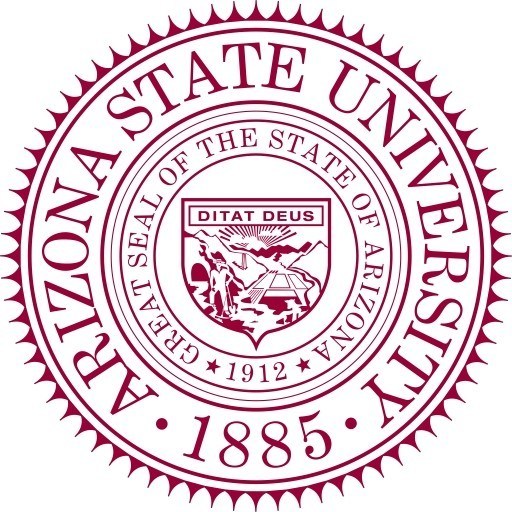Photos of university / #universityofleeds
Advertisement
Gender Studies explores the dynamics of relations between women and men in the past, present and future, and draws insights from across academic disciplines.
MA Gender Studies (Research) is a taught MA with ESRC 1+3 training recognition. The programme stands alone as an MA, but also prepares you to embark on doctoral research as year 1 of a 1+3 Masters/PhD programme.
This course is designed to provide comprehensive and advanced level academic training in social science research in Gender Studies.
The primary aim of the programme is to educate specialist social science researchers, who then have a wide range of methodological and epistemological approaches to Gender Studies and a broad range of practical, generic transferable research skills.
We recommend this MA if you are interested in developing skills as an independent researcher within the field of Gender Studies. If you would like to go on to study for an MPhil or a PhD, the MA Gender Studies (Research) will provide you with essential research training.
If, in the future, you would like to pursue a career involving social research, this programme will enable you to acquire the necessary experience and skills.
MA Gender Studies is available on a 12-month full-time basis. The course has six modules: five compulsory, one elective.
Compulsory modulesResearching Gender provides you with the opportunity to focus on researching gender with a particular emphasis on feminist research practices. In exploring a range of disciplinary perspectives, you will focus on epistemological, methodological and ethical considerations. In particular, the course looks at these considerations with relation to research design and methods.
Theorising Gender engages with contemporary theoretical approaches within gender studies. Exploring the social and individual processes involved in the enactment of gender relations, the module investigates alternative, complementary and conflicting explanations for the source and operation of gender.
Quantitative Research Methods introduces you to the skills required for the generation, analysis and management of quantitative data. Using concrete research problems, the module investigates a wide range of quantitative research issues and gives you the opportunity to develop a critical understanding of the discipline.
Practicalities covered include survey design, computer-based 'hands-on' workshops with SPSS for Windows, using data from one or more large scale data sets, creative data analysis linked to theory development, data modelling using regression techniques, effective use of secondary data sets and ways of linking data, including the scope for linking quantitative and qualitative data.
Qualitative Research Methods examines qualitative research design, practice and analysis and features a series of practical workshops on qualitative data analysis, using software packages such as QSR NUD*IST or NVivo.
The module will also develop your skills for generating qualitative research data, such as interview technique, biographical and narrative approaches, focus group approaches, ethnography and observation, non-verbal and visual methods, and give you a critical appreciation of the appropriateness of particular methods to different research scenarios. The module also explores the relationship between qualitative and quantitative research, and between qualitative research and policy.
Research Project allows you to explore an aspect of gender relations in society, either contemporary or historical, through the production of a piece of empirical research.
Elective modulesIn addition to the compulsory modules, you also choose a module from the following list.
* Feminist Cultural Theory
* Revisioning Histories of Modernism (Femininity, Modernity, Representation)
* Feminist Criticism and Practice in the Contemporary Visual Arts
* Culture and Identity in the Later Fourteenth Century
* Stage Lighting Design: theory and practice
* Language and politics
* Writing about Death in Nineteenth-Century America
* Global Genders
* Que(e)rying Sexualities
* Contested Bodies
* Race, Gender and Nation in the 20th Century
* Childbirth in Seventeenth Century England
* Representing Women in Medieval Literature
* Critical Musicology
* Gender, Globalisation and Development
* 'Race', Identity and Culture in the Black Atlantic
Full-time students may take either three modules in Semester 1 and one in Semester 2, as well as the dissertation, or two modules in Semester 1 and two in Semester 2, as well as the dissertation.
Part-time students have some flexibility as to when they take their modules, but we do advise candidates to consider the credit load between semesters. One pattern may be to take three modules in the first year, with two in Semester 1 and one in Semester 2. This leaves one module and the dissertation for the second year.
Want to improve your English level for admission?
Prepare for the program requirements with English Online by the British Council.
- ✔️ Flexible study schedule
- ✔️ Experienced teachers
- ✔️ Certificate upon completion
📘 Recommended for students with an IELTS level of 6.0 or below.
Tuition fees and/or maintenance may be paid in part, or in full, by an awarding body, a bursary or other postgraduate grant.
For students applying to the Centre for Gender Studies, the most likely sources of funding will be the following bodies.
* Economic and Social Research Council studentships - for home and EU students
* Arts and Humanities Research Council - for home and EU students
* University scholarships - for all students
* Opportunities for self-funding











